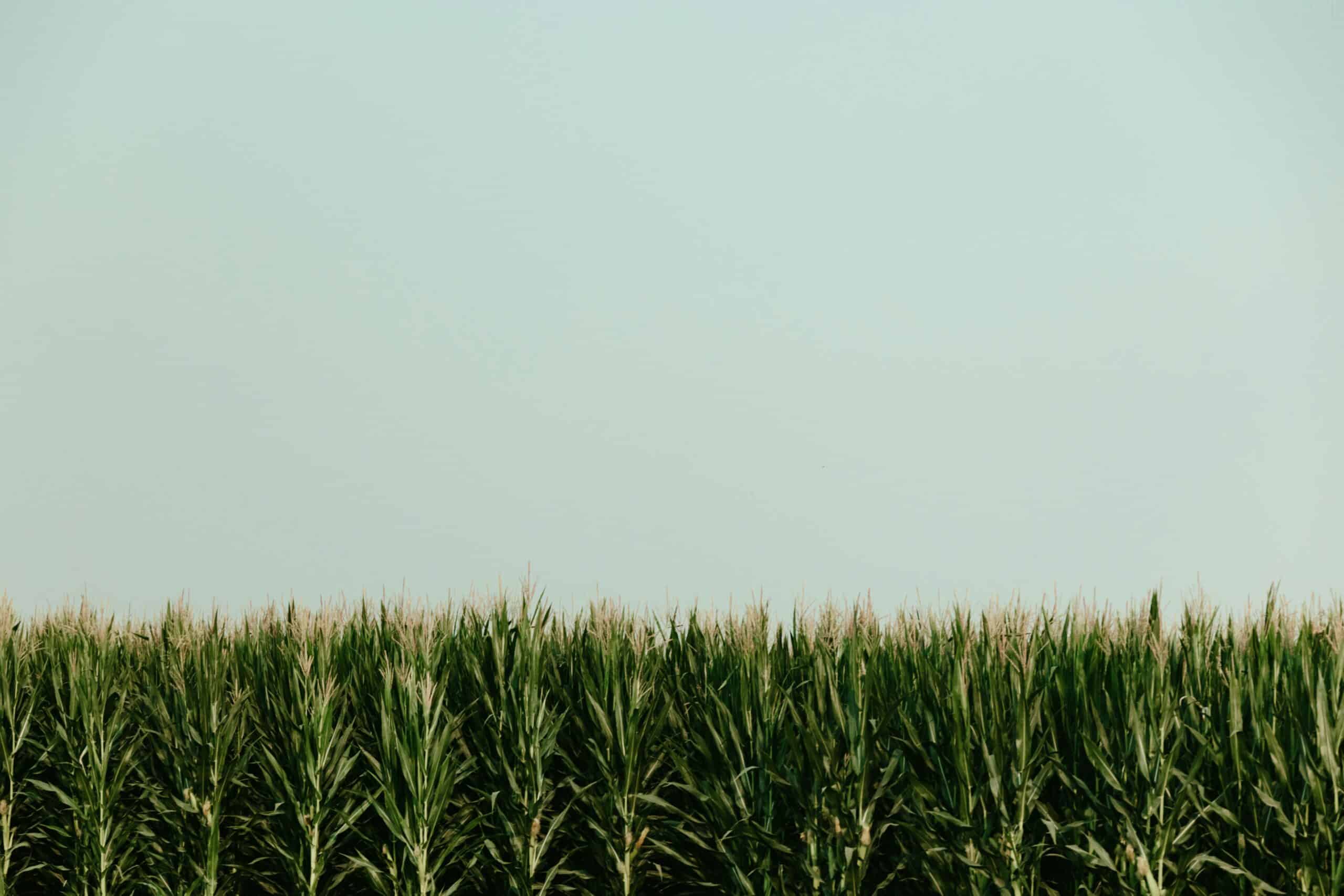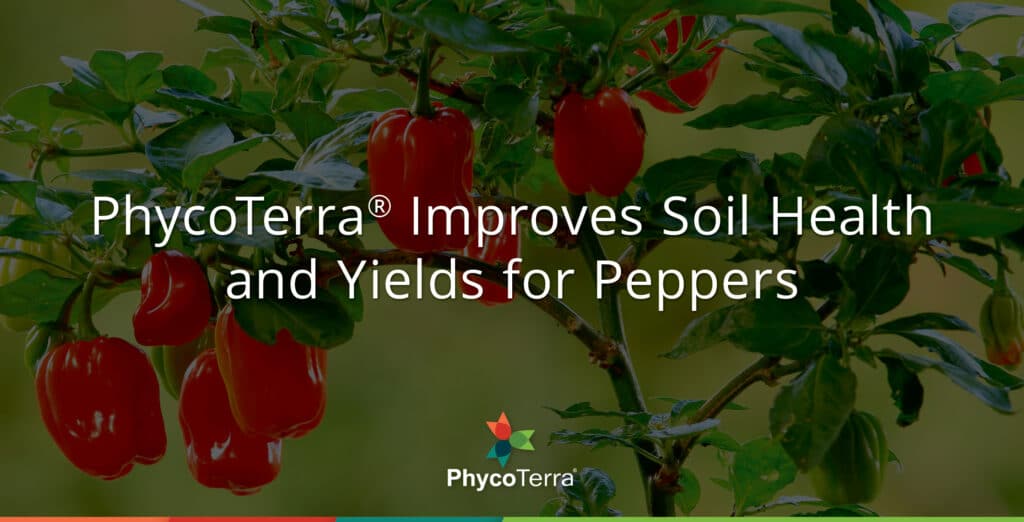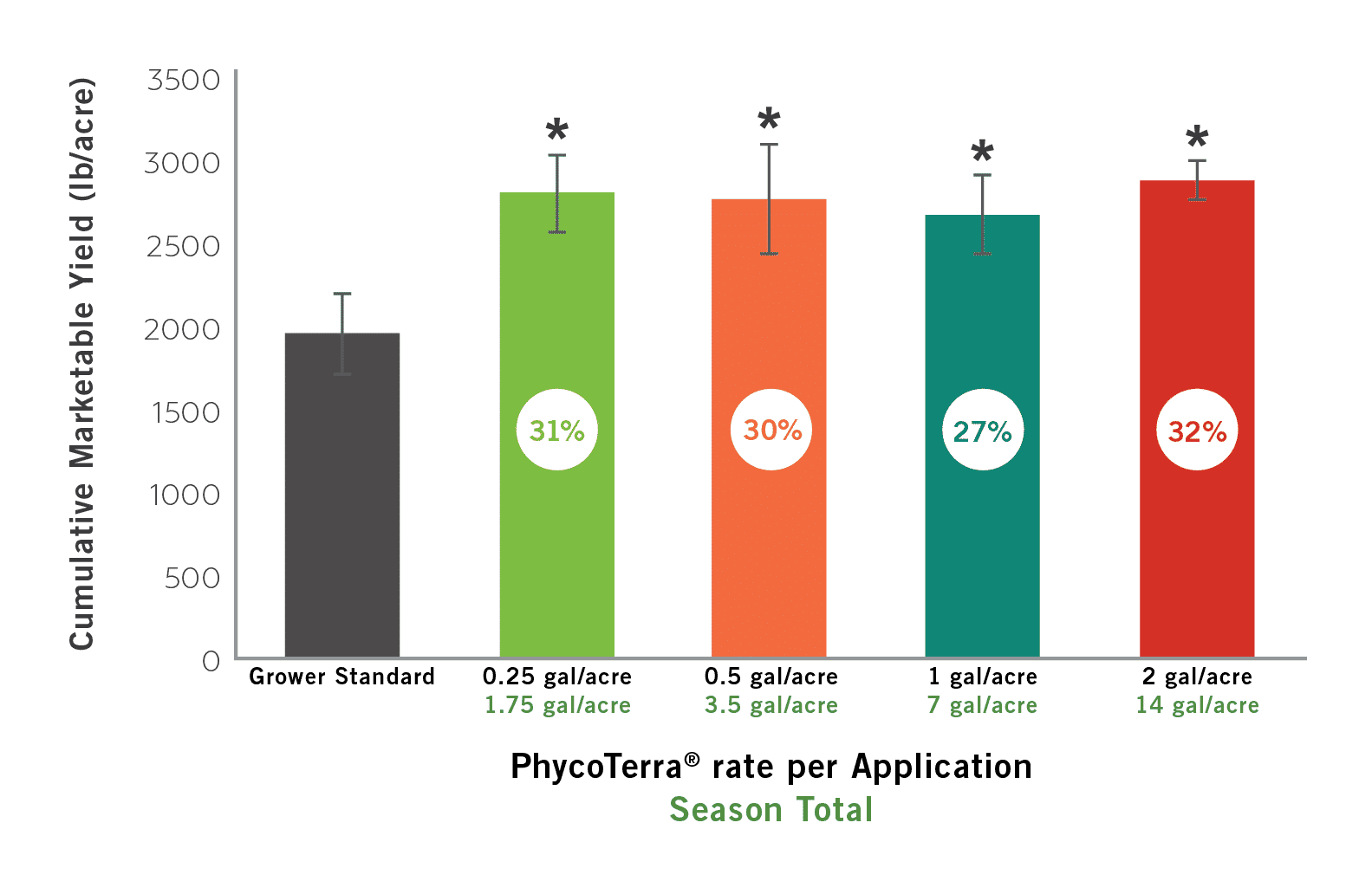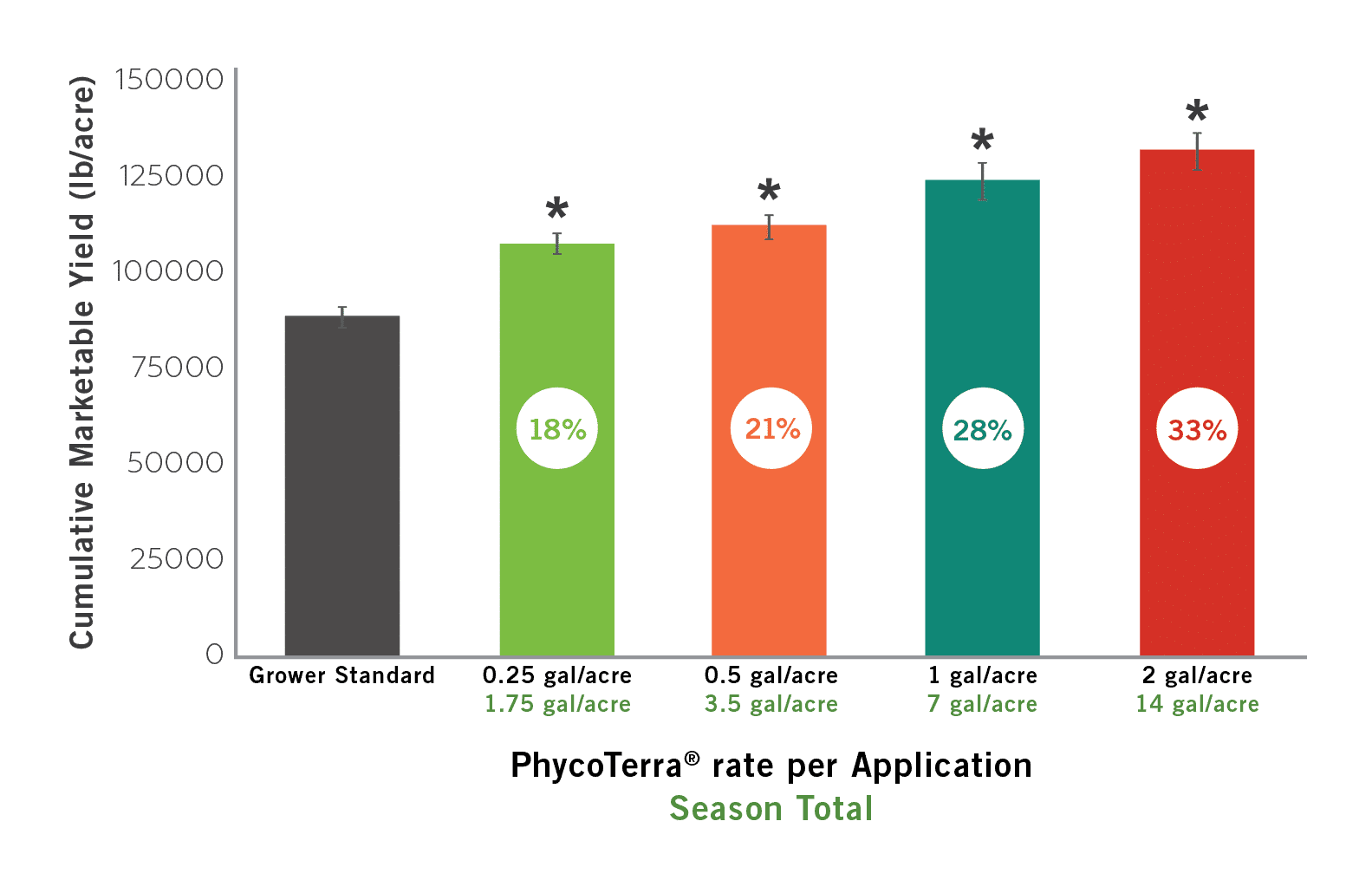Apr 11, 2025


“Green or red?” This is a question I often heard at local restaurants growing up in New Mexico. The question, which in fact is the official state question for New Mexico, refers to what color of chile sauce you want on your food. The preference has a strong geopolitical connection to it and is the subject of endless, friendly debate. My answer: “Navidad” – just mix the two and combine the different flavors!
The fruit of pepper plants is wildly popular across the globe, with strong consumer demand for a variety of peppers including bell, jalapeño, habanero and chile de árbol. And to meet these demands, producers must build and maintain a healthy and productive soil profile—a challenge not easily met.
Pepper producers must contend with many challenges, the greatest of which being the farming practices most commonly ascribed to pepper production. Extensive tillage fumigation, and strict crop safety rules are all barriers to building soil health that producers must overcome if they are to continue to meet both the quality and quantity demands of the marketplace.
Recent research highlights the connection between soil health practices and chile pepper yields. For example, Khaitov et al., (2019) used a compost soil amendment program to help improve chile pepper yields. Specifically, the application of organic livestock manure at ~120 lbs/acre increased the fruit dry weights of chile pepper by 79.7% compared to the control plots. However, fruit yield surprisingly decreased when compost application rates were doubled to ~240 lbs/acre, perhaps due to the intrinsic challenges to compost use including excess salts and other potential hazards (e.g., ammonium toxicity).
Additional findings from the same work provides a connection between soil health practices and chile pepper yields, concluding that “there are many factors having an impact on pepper yield and the most important constraints are associated with water or nutrient deficiency” (Abayomi et al., 2012). The study also cites these deficiencies as a possible shortcoming of the chile pepper plant’s weak and underdeveloped root system exacerbated by the overuse of chemicals and synthetic fertilizers.
Furthermore, the research highlights the importance of N content and the C:N ratio influence on soil chemical properties, citing the benefits of increased water holding capacity, micronutrient stability and increased pH—all attributed to incorporating organic soil amendments into a production regime.
At Heliae Agriculture, we know these benefits to be true. That’s why we have developed a family of products that drive soil health, without the risk of jeopardizing crop safety and certification standards.
PhycoTerra and PhycoTerra Organic, provide the superfood that microorganisms need to improve the soil microbiome. And our third party research concludes the definitive intersection between an active soil microbiome; soil structure and water holding capacity and crop vigor that occurs with the incorporation of PhycoTerra in a pepper growing program.
In a continued effort to improve production, Heliae recently initiated research on the incorporation of PhycoTerra on chile de árbol and jalapeño pepper yields in Hildago, México. The research tracked the crop throughout the growing season to show the inclusion of PhycoTerra, in a fresh market chile arbol growing program, significantly increased the marketable yield by 27-32% per acre compared to the grower standard program (Figure 1).
Additionally, the inclusion of PhycoTerra in a fresh market jalapeño growing program significantly increased the marketable yield by 18-33% per acre, compared to the grower standard program (Figure 2). These results demonstrate the positive connection between soil health and the quality and marketable yield/production of peppers, as suggested by Khaitov et al., (2019).
Our research at Heliae Agriculture has led to the creation of a quality microalgae product and a variety of sustainable soil solutions that can have an immediate impact on your soil microbiome and the performance of your next pepper crop. To learn more about the soil microbe superfood, PhycoTerra and PhycoTerra Organic, and how each provides a solution to improved soil health and yields on every farm, click here.
References
Khaitov et al. 2019 – https://www.ncbi.nlm.nih.gov/pmc/articles/PMC6747139/pdf/ijerph-16-03031.pdf
Weil and Brady 2017 – https://www.pearson.com/us/higher-education/program/Weil-Nature-and-Properties-of-Soils-The-15th-Edition/PGM219427.html

Figure 1 – The inclusion of PhycoTerra in a fresh market chile arbol growing program significantly increased the marketable yield by 27-32%, compared to the grower standard program. Maximum ROI occurred when a total of 1.75 gal/acre of PhycoTerra was applied to the crop using April 2020 pricing.

Figure 2 – The inclusion of PhycoTerra in a fresh market jalapeno growing program significantly increased the marketable yield by 18-33%, compared to the grower standard program. Maximum ROI occurred when a total of 1.75 gal/acre of PhycoTerra was applied to the crop although high ROIs were seen across all treatments, using April 2020 pricing.
Note: All trial data is current as of blog posting. For the most up to date trail data, please visit our trials page.